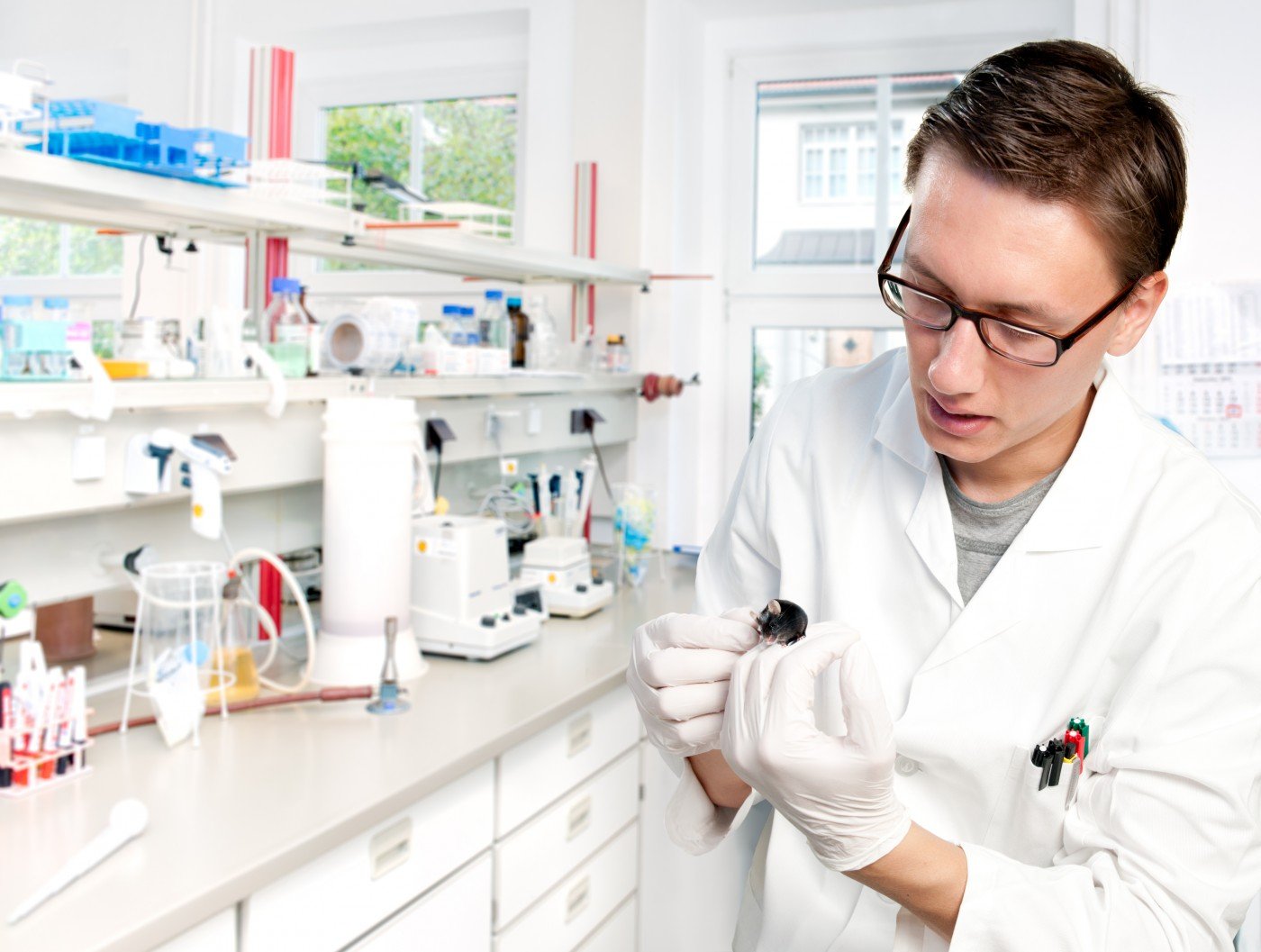Synspira’s Therapy Candidate May Be a Game-Changer for Drug-Resistant Bacteria in CF
Written by |


Chronic pulmonary infections are a hallmark of lung disease in patients with cystic fibrosis. Due to the variability in bacteria that can colonize the lung and the specific antibiotic treatments that may be effective, treatment strategies are often tailored to individual patients.
But some bacterial infections are often difficult to treat across the entire population. Burkholderia cepacia complex (Bcc) is notoriously difficult to attack due to its natural multi-drug resistant state and its quick ability to develop resistance to antibiotics. Infections arising from Bcc can lead to permanent loss of lung function and early death in patients with CF.
Earlier this month, Synspira announced the results of a combination study using its inhaled polycationic glycopolymer drug candidate called PAAG and conventional antibiotics as a potential treatment for pulmonary infection caused by the Burkholderia cepacia complex in patients with CF.
The investigative treatment, SNSP113, is a glycopolymer-based therapy being developed as an inhaled treatment to improve lung function in patients with pulmonary bacterial infections.
SNSP113 is known to interact with the biofilms that make treating bacteria difficult in CF, and is thought to break the biofilms apart and reduce the viscosity and adhesion of mucus in the lungs. Biofilms and mucus lead to pulmonary exacerbations in CF, and SNSP113 may address both issues in cystic fibrosis.
“The results published in PLOS ONE demonstrate that our inhaled glycopolymer drug candidate, PAAG, has the potential to significantly enhance the activity of antibiotics that are used for the treatment of lung infections caused by Burkholderia cepacia complex, a relatively uncommon but often fatal infection in cystic fibrosis,” Shenda Baker, PhD, the CEO of Synspira, said in a press release.
From a personal viewpoint, Bcc is one of those bacteria that makes me anxious to see my culture report. It’s a scary one, and requires an intensive treatment plan in hopes to eradicate the bacteria from the lungs.
Part of the reason it’s nerve-racking is because there really are no bull’s-eye treatments that have been approved to help preserve lung function. The bacterium’s susceptibility to antibiotics varies tremendously, and there is a chance that no antibiotic may be effective to fight the infection.
The introduction of SNSP113 could be a game-changer in CF. If approved, the treatment would not only open up treatment options for Bcc, but may also have positive outcomes when treating other common infections in CF, like Pseudomonas. While much of the attention in cystic fibrosis has been directed toward the novel CFTR modulators, it’s still critically important to strive for new antibiotics in patients with CF.
***
Note: Cystic Fibrosis News Today is strictly a news and information website about the disease. It does not provide medical advice, diagnosis, or treatment. This content is not intended to be a substitute for professional medical advice, diagnosis, or treatment. Always seek the advice of your physician or other qualified health provider with any questions you may have regarding a medical condition. Never disregard professional medical advice or delay in seeking it because of something you have read on this website. The opinions expressed in this column are not those of Cystic Fibrosis News Today or its parent company, Bionews Services, and are intended to spark discussion about issues pertaining to cystic fibrosis.







Leave a comment
Fill in the required fields to post. Your email address will not be published.